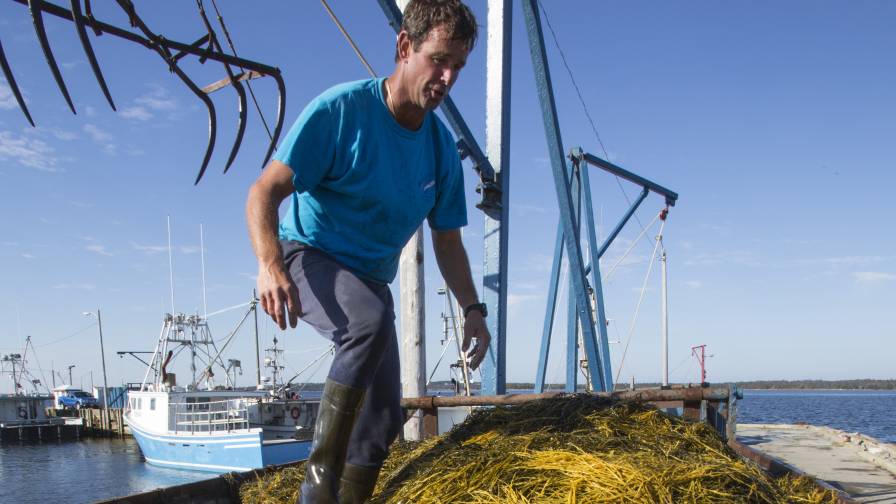How UK-Based Pangaea Agrochemicals Is Offering Safer Crop Protection Solutions Across Europe
Pangaea Agrochemicals Ltd. is focused on patented, innovative agricultural products designed to reduce chemical usage, minimize effects on the environment, reduce the risk to human health, and to tackle one of the most challenging problems in arable farming — weed, pest, and disease resistance.
Currently under development is a portfolio of products which incorporate innovative technology to overcome insect, weed, and disease resistance to existing crop protection products. Herbicides are widely used to control weeds which compete with the crop, reducing yields. Over-reliance on herbicides with similar modes of action has resulted in the evolution of herbicide-resistant populations. At present there are more than 500 unique cases of herbicide-resistant weed species reported globally.
In the UK, resistant grassweed blackgrass reduces cereal crops yield by the equivalent of 1.6 billion loaves of bread. If it could be found, new chemistry to tackle this problem would cost over £220 million to bring to market. Pangaea has discovered a new cost-effective solution to resistance through the careful development of an optimized and patented primer which blocks the natural detoxification system of weeds, making them sensitive to herbicides.
As in weeds, this primer also works in insects by deactivating the metabolic pathway (cytochrome P450). A key target is pollen beetle in oilseed rape across Europe, where more than 60% of insect populations are resistant to pyrethroid chemistry and in Poland and Lithuania resistance levels are as much as 80%. The problem of resistant pollen beetle covers over 5 million hectares of oilseed rape in Europe. Work with this primer has been on-going across Europe and the world and includes many different insect pests.
Pangaea is also investing heavily in its novel delivery system which incorporates active ingredients, resulting in reduced dose rates of the crop protection products applied with no loss of efficacy. Many crop protection formulations contain high levels of surfactants which can have negative health effects to humans and the environment. Pangaea has responded to this unmet need by reducing the levels of surfactants by at least 75% thereby preserving soil health and biodiversity, reducing environmental and human toxicity, and lessening chemical usage. The delivery system replaces the surfactants with sustainably sourced plant-derived pectins and alginates in which the active ingredient is suspended in a matrix.
Pangaea has now patented this novel approach to replace surfactants with plant-based substitutes in more than 60 countries worldwide. Ultimately, the company will build a range of products based on this complex.
Pangaea’s early research has been financed from its traditional sales together with funding from grants allowing commercialization of the company’s first product, Booster, in 2021. John Edmonds, Global Product Development and Regulatory Manager, says “Pangaea is developing some fascinating chemistry to answer many of those awkward and difficult problems in agriculture worldwide. With our focus on environmental issues, we hope to contribute significantly to the move towards reduced chemical usage which many countries are aiming for, plus the rejuvenation of existing off-patent chemistry.”
Established in Cambridge, the company has been developing its products worldwide and is managed by a team with many years of global experience. It has a team based in the UK, dedicated to regulatory matters, and networked with registration specialists across the world. Pangaea also employs a strong sales team across Europe managing the development and commercialization of the Pangaea portfolio through its distribution partners.






